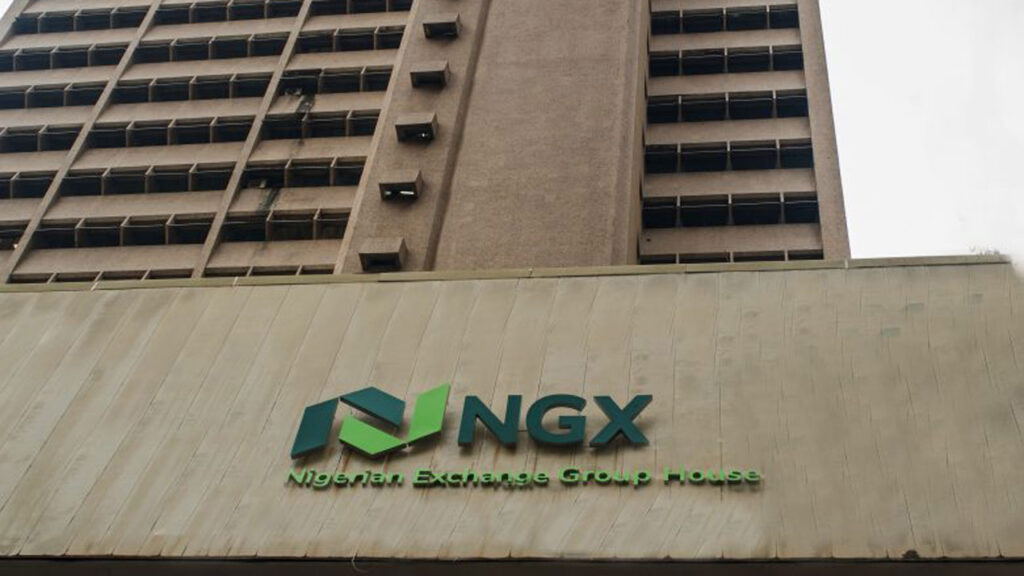Germany has expressed willingness to explore more opportunities in Nigeria for the mutual development of both countries.This was made known when Lagos hosted a delegation of German entrepreneurs, innovators and investors, underscoring the importance of exchange programmes in bridging the talent gap and harnessing opportunities across continents.
The visit, organised by the Delegation of German Industry and Commerce in Nigeria (AHK Nigeria) and the German Corporation for International Cooperation (GIZ), aimed to foster international collaboration between Germany and Nigeria.
The Nest Innovation and Technology Park, an innovation hub in Lagos led conversations between Nigerian entrepreneurs/innovators and the delegation.
The delegates were particularly impressed by the potential of Nigeria’s young talent pool. With 60 per cent of Africa’s population under 25, there is immense opportunity for growth and Development, they said.
Founder of Brian Mohr Consulting, Brian Mohr, however, pointed out, “Mobility for young people is a challenge in Nigeria. Transportation system is subpar here in Nigeria. The government needs to step in as mobility rides on the back of existing infrastructure.”
A peep into the health sector, Founder of Cynteract, Gernot Sümmermann, highlighted a significant issue: “There are not many physiotherapists in the country.
“Not enough therapists and healthcare which we confirmed. Some Nigerians complain about their parents not having access to basic healthcare in local areas, especially physiotherapy.”
There were also talks about the complexities in the regulatory framework in the country. This regulatory uncertainty makes it difficult for foreign entrepreneurs to establish a manufacturing base in Nigeria, a goal many had hoped to achieve.
“There are Federal and State taxes on productions. There are also no clear guidelines on how to operate here, which make it challenging and complicated. We will have to import everything which is unfortunate. The case is different in Rwanda given the government’s receptiveness to change and development” said Sümmermann.
Sentiments about the health sector were echoed by Aditi Mishra (the chief innovation officer of Cynteract) who, despite the warm reception in Nigerian hospitals, noted the need for improved healthcare infrastructure and support from the government.
Founder of Alo Akademia, Alicia Reimer, emphasised the need for structural changes. “It is important to close the education gap between the poor and the rich. This is a structural problem.
From my observation, Nigerians are open to development and there are innovators ready to solve these problems. But there is a need for good structures and systems to support innovation and growth” she said.
Talent export and training infrastructure were also key topics during the visit. Founder and CEO of Ivory Tech Hub, Deborah Aboagye, noted the need for high-quality training to develop local talent.
“Nigeria has a lot to offer concerning talent and skilled people. Yes, they are available, but they are not so useful for the complexities global companies are working on a day-to-day basis,” she said.











